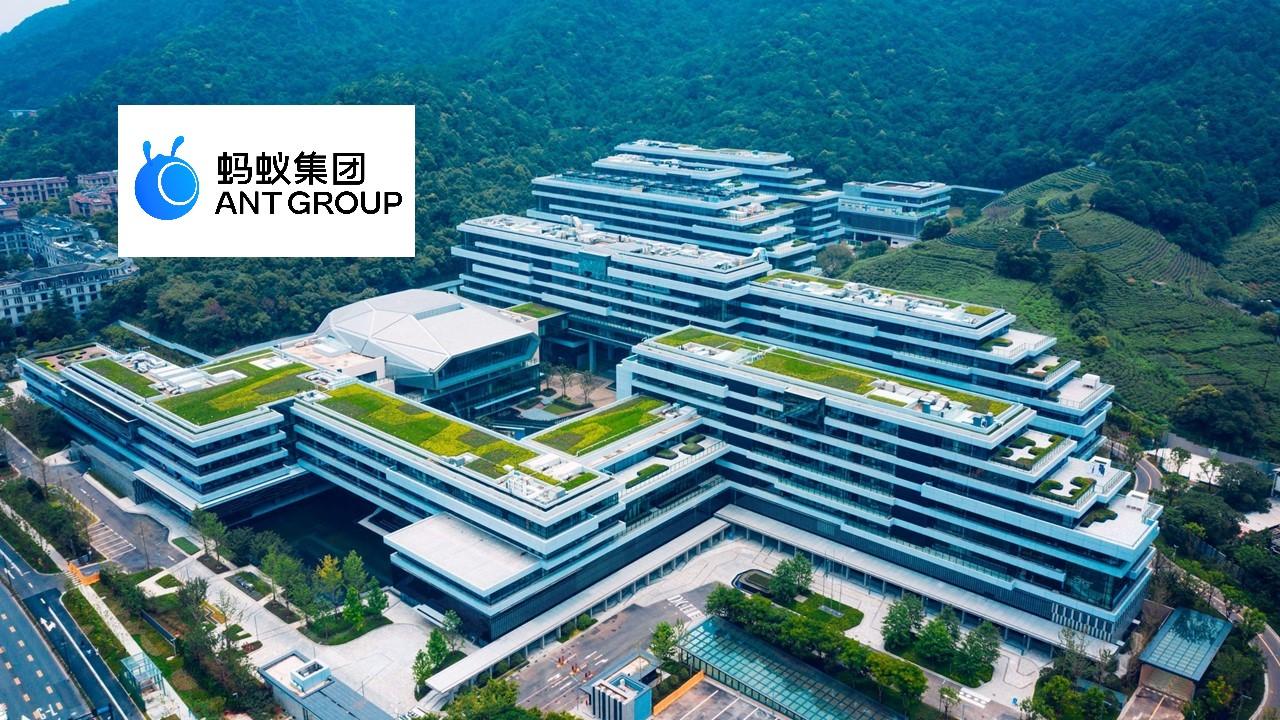China to Let Ant Financial Through Regulatory Gates, IPO to Finally Proceed
Jack Ma’s Ant Financial will reportedly make it through China’s prolonged regulatory hurdles. Here’s an update on the company’s long-sought IPO.
June 17 2022, Published 11:39 a.m. ET
More than a year and a half after Chinese regulators slammed down Ant Group’s IPO in late 2020, Jack Ma’s company has a way forward. The People’s Bank of China (PBOC) is expected to let Ant Financial’s parent firm operate as a holding company and allow the public listing to proceed.
With Ant getting on the PBOC’s good side, stock for Ma’s other company, Chinese e-commerce giant Alibaba (BABA), briefly soared. Current market conditions are wildly different than when Ant first wanted to go public, but that may not be enough to stop Ma.
The PBOC reportedly accepts Ant Group’s application as financial holding company.
After butting heads with the PBOC over its imbalanced structure (a tech-heavy financial parent company operating everything from digital payments to credit assessment), China has accepted Ant Group’s application to be listed as a financial holding company.
The move is huge. Ant Group has been trying to restructure and satisfy Chinese regulators since late 2020, when the government halted the company’s attempt to go public.
Chinese billionaire Ma, who has hardly been seen this year since publicly criticizing the Chinese government, helms Ant Group and its subsidiaries. Ma also leads e-commerce giant Alibaba (BABA), whose U.S.-listed stock increased nearly 11 percent overnight before dropping a majority of that in the first hour and a half of trading on Friday, June 17.
Ant Financial’s long sought IPO may finally come.
Ant has been fighting to go public for a long time. Over the course of the last year, the company has been drafting a plan to restructure as a regulatory-approved financial holding firm. The process includes intense regulatory scrutiny, and the government will likely maintain its eagle eye after the IPO.
What’s different about Ant Financial’s structure other than the name? For one, financial holding companies are bound by different requirements. For example, they may need to have more capital on hand than might be required for tech firms. A financial holding company is more akin to a bank than a pure fintech firm. Ant Group’s portfolio runs the financial gamut and will likely continue to grow. The financial holding status may be what it needs to even get near a public offering.
What this means for the larger Chinese regulatory crackdown
Over the last few years, U.S. investors have sold off Chinese stocks at a rapid pace. Widespread regulatory crackdowns, from education giants to big tech, have made Chinese stock investing particularly risky. Amid high inflation and a looming recession, investors have been even likelier to avoid that added risk.
BABA stock is down about 67 percent from its 2020 peak. Education giant TAL Education Group (TAL) fell off a cliff in July 2021 when the government limited profits for education companies. TAL hasn't recovered. DiDi Global (DIDI) went public last year, only for China to ban new users from signing up for its ride-sharing app over data privacy concerns a day later. Even after lifting the ban, DIDI still hasn't reached its IPO price.
All of this is to say that Ant Group’s path forward may show signs of a larger relaxation on behalf of the Chinese government. Still, the road to success in the market will likely be bumpy.


